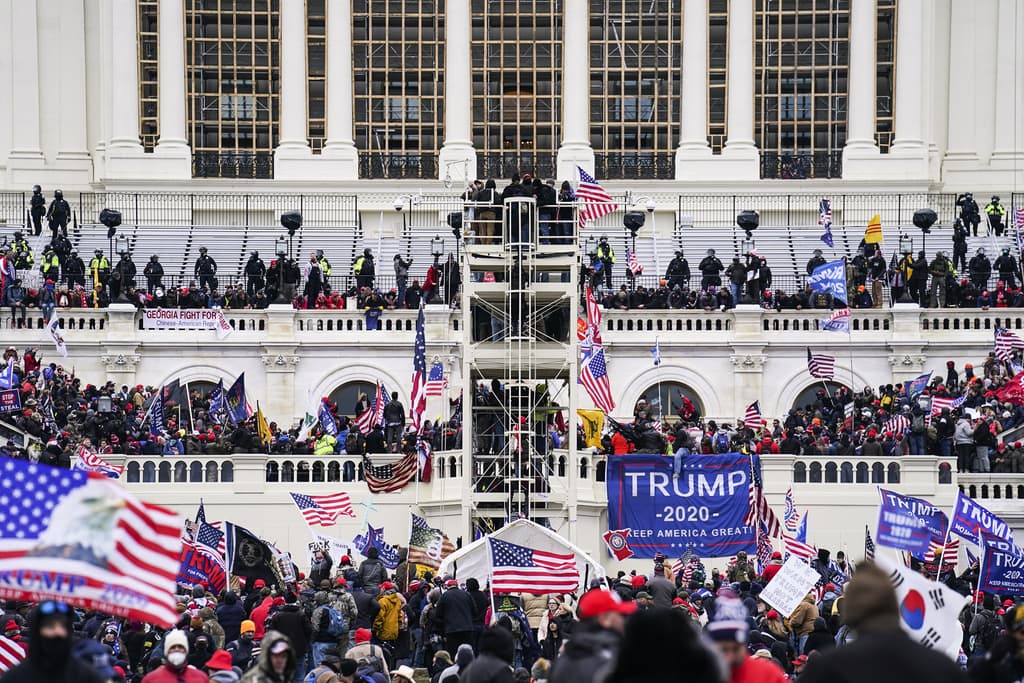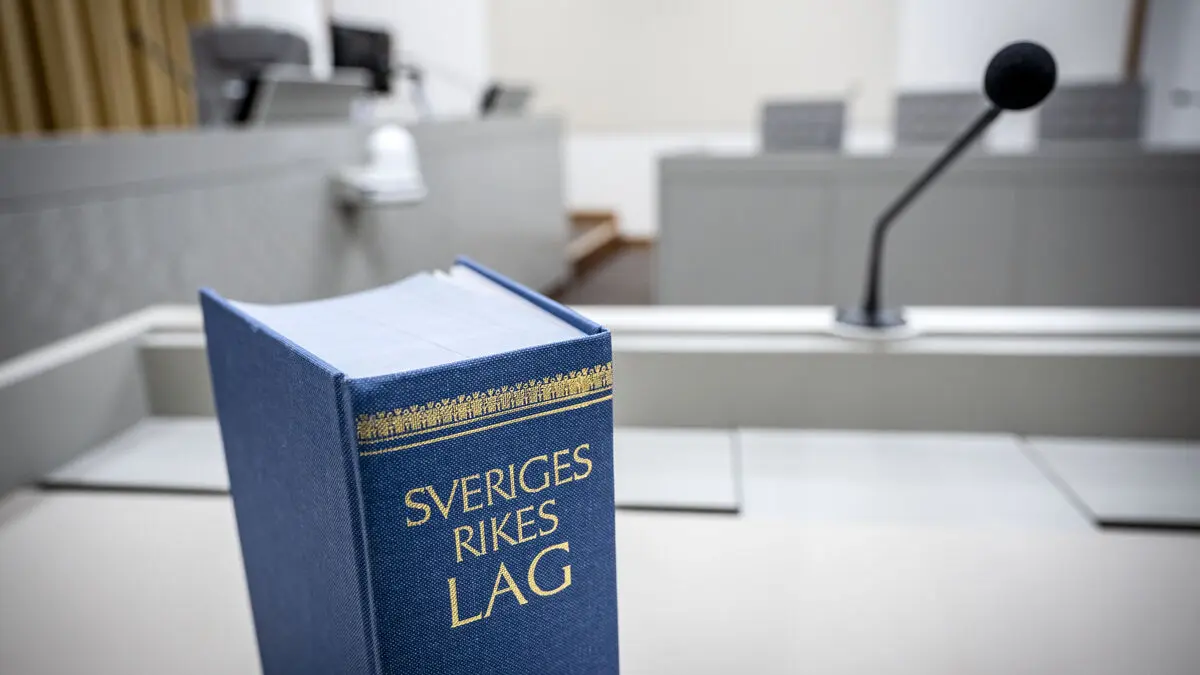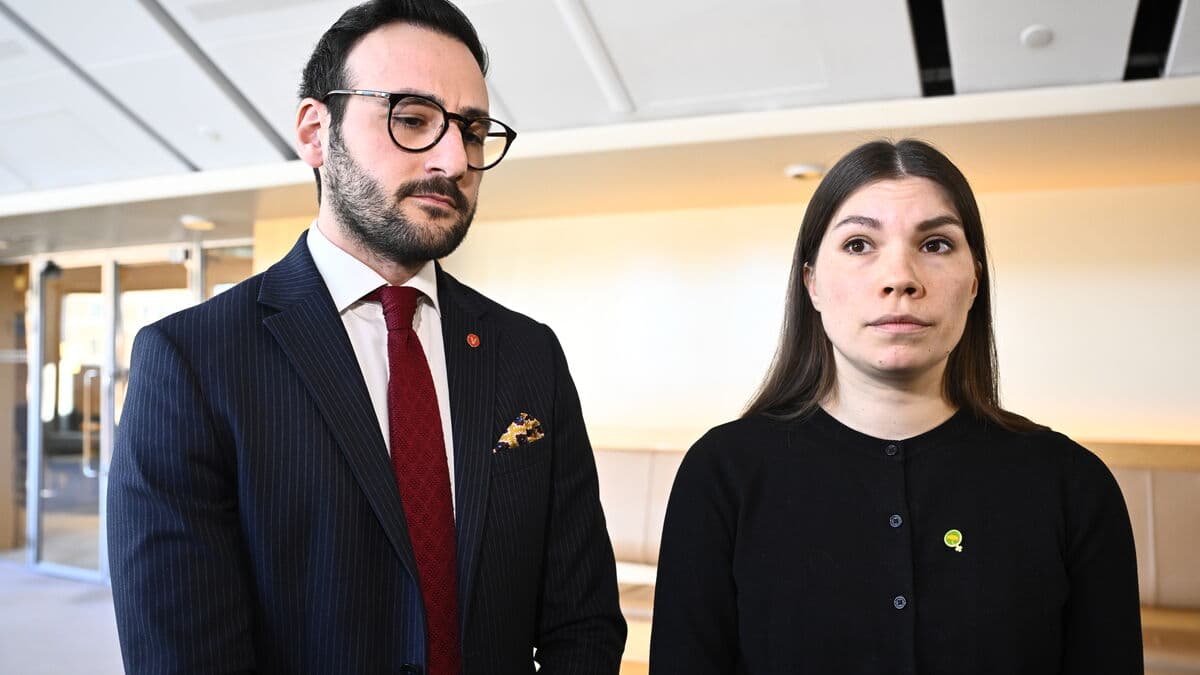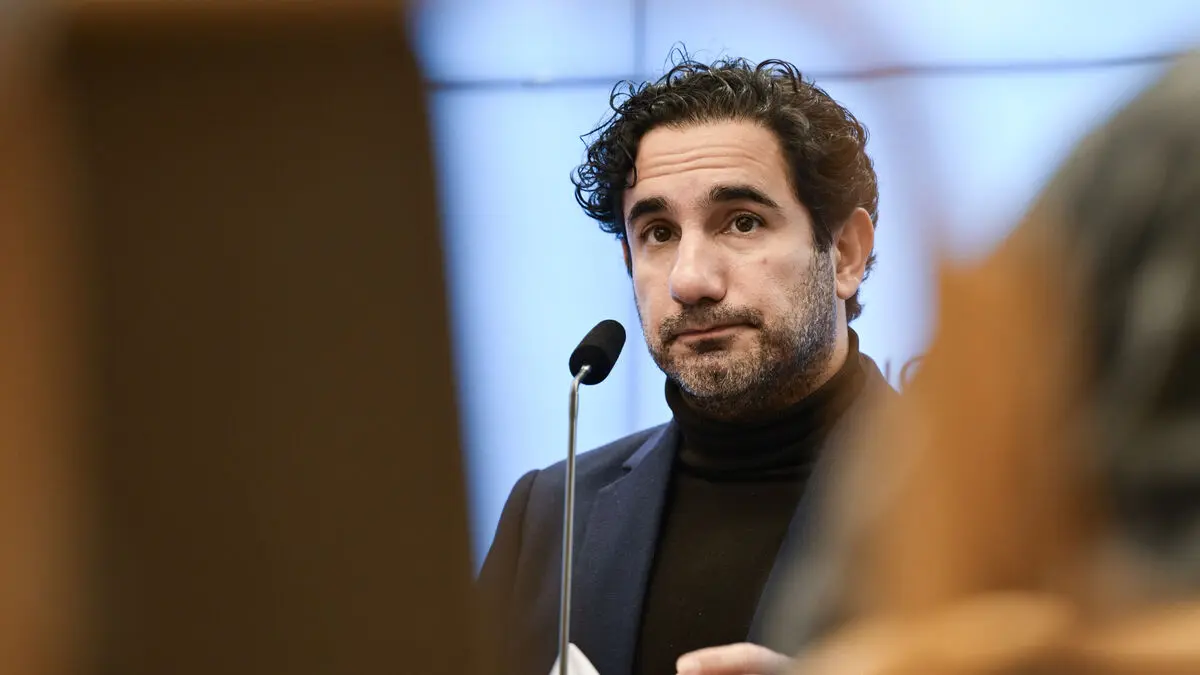The US former presidents enjoy immunity from prosecution for official actions. The Supreme Court has ruled.
However, the Supreme Court does not decide whether Donald Trump's actions before the storming of the Capitol in January 2021 are covered by the immunity. Therefore, the legal process against Donald Trump is unlikely to begin before the autumn elections.
In its ruling, the Supreme Court, with a 6-3 majority, holds that former presidents have immunity if their actions are deemed to have taken place within the office, but not if they acted as private individuals.
Thus, Donald Trump could claim immunity for his actions on January 6, 2021, as the court does not determine whether the former president acted as a private individual or not when he urged his supporters to go to Congress and "fight like hell".
Not above the law
The case is therefore being sent back to a lower court to determine whether Trump acted as president or as a presumptive presidential candidate and thus as a private individual when he held a political rally before the deadly congressional attack.
The ongoing legal process against Donald Trump is thus being delayed further, and will most likely not be able to begin before the presidential election in November this year. He is accused in the federal indictment of attempting to have the result of the 2020 presidential election declared invalid.
Chief Justice John Roberts writes in Monday's ruling that "he (the president) is entitled to at least presumptive immunity from all prosecutions for actions that fall under official conduct".
He continues by stating that not everything a sitting president does is an official action, and that actions as a private individual do not fall under the immunity ruling. "The president is not above the law", he writes.
Trump: A great victory
However, not all judges agree with this interpretation. Three of them, all seen as liberal judges, dissent. "With fear for our democracy before my eyes, I dissent from the decision", writes Judge Sonia Sotomayor, and continues:
"Today's decision to grant former presidents immunity from criminal prosecution for official actions transforms the presidency. It casts a shadow of ridicule over the fundamental principle, the foundation of our constitution and our government, that no one stands above the law".
Trump himself writes on his own platform Truth Social that the ruling is a "great victory" for democracy.
"Proud to be an American!", he writes in capital letters.
President Joe Biden and his campaign are not as convinced.
"He believes he is above the law and is willing to do anything in his power to get and hold onto power", writes the Biden campaign in a statement.
On January 6, 2021, the US Congress members gathered in the Capitol to count the presidential election's electoral votes and formally elect Democrat Joe Biden as the winner and next president.
At the same time, tens of thousands of Donald Trump supporters gathered for a political rally. There, Trump repeated his false claims of systematic electoral fraud and claimed that he was the real winner. He urged his supporters to go to Congress and "fight like hell".
Parts of the crowd did as he said. The protests turned violent when hundreds of people stormed the Capitol, clashed with police, vandalized, and entered one of the chambers.
Nine deaths can be linked to the storming, according to AP, and over 700 indictments have been filed. One of them is a federal indictment against Donald Trump. Special prosecutor Jack Smith has formulated four charges, including attempted fraud against the state of the USA, attempting to stop a public official, and attempting to stop people from exercising their constitutionally protected rights.
The indictment is considered the most serious of the ongoing legal processes against Trump, who denies all allegations. If convicted, the former president risks up to 20 years in prison.
What legally applies to an American president is not entirely clear. If a president commits "treason, bribery, or other high crimes and misdemeanors", Congress can bring impeachment charges in accordance with the first article of the US Constitution. Such charges were brought against Donald Trump twice, but he was never convicted.
When it comes to other crimes, it is often argued that a sitting president cannot be prosecuted, that other charges must wait until the person is no longer in office. But can one be prosecuted for something one has not been convicted of in an impeachment process? The question is legally tricky, with some emphasizing the importance of presidential immunity and others pointing out that in the USA, no one, not even the president, stands above the law.
The question has not been previously tried by the Supreme Court.
The Constitution states that a president must be at least 35 years old, an American citizen, and born in the USA. But there is no direct guidance on legal processes after the end of a term or limitations on whether a person convicted of a crime can become president.






